SKL is reader supported. When you buy through links on our site, we may earn affiliate commission. Learn more here.
Looking to learn more about the gots certification, B corp cert, and many other well-known (and lesser known) clothing and textile certifications? This is the full guide!
If you’ve been wanting and/or trying to shop more sustainably, you know how tricky it can be to figure out what brands are sustainable or not. Unfortunately, greenwashing is running rampant all over the fashion industry, from fast fashion brands using falsely labeled materials tags to fair labor claims with no data to back them up.
With so much misleading marketing and confusing industry jargon out there, it can be exhausting to search for better brands. Not to mention, the research can feel like a part-time job!
That’s where fashion certifications come in. Fashion certifications can be a helpful tool in highlighting what actual efforts a brand is making to be more sustainable and ethical.
This blog post is all about ethical fashion & textile certifications.
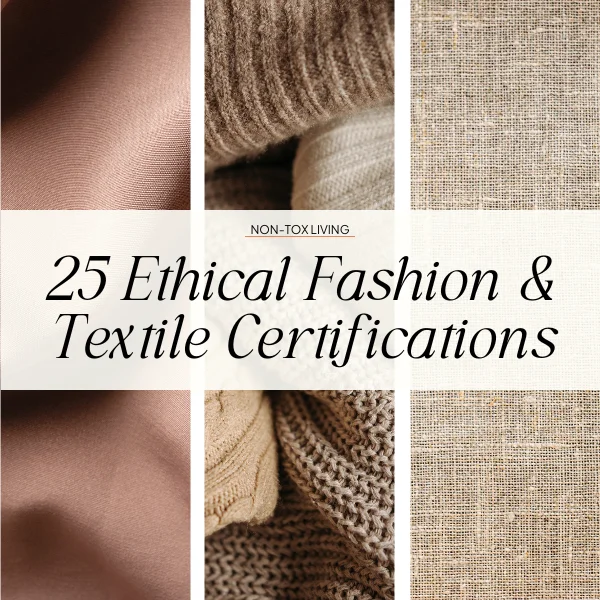
You’ve likely seen labels like Fairtrade, B-Corp, or GOTS. Here, we will dig into what they actually mean and what ethical fashion standards are.
What are textile or clothing certifications?
Clothing certifications (or textile certifications) are official designations or labels indicating that a fashion brand and its clothing have met certain standards related to its environmental impact or social responsibility. These certifications are typically issued by independent organizations that evaluate clothing brands and manufacturers based on specific criteria.
While certifications alone cannot answer the question of whether a brand is sustainable or not, they offer clarity and accountability by verifying a brand has committed to implementing certain practices that lend themselves to improving the industry.
Why are clothing certifications important?
Transparency:
Textile certifications offer the brand credibility in its communication. If a brand claims to be using an organic material, the clothing certification can serve as verification that it’s true while also identifying how exactly it is true. Transparency is the benchmark for better practices and better marketing.
Impact awareness & reduction:
Because textile certifications require taking a look at brand practices, they allow both the brand and the consumer to understand the impact that the brand is making. Clothing certifications set a standard for brands to meet, which often may require the brand to reduce its environmental impact. A good textile certification will be driving improvement in the fashion industry and challenge brands to be better.
Accountability:
As many textile certifications require third-party auditing, they create accountability that the brand is actually doing what it says it is.
Accessibility:
Textile certifications can help consumers make more informed purchasing decisions by providing them with information about the clothing they are buying and the company that produced it. These certifications can offer some peace of mind that a brand is maintaining the standards of the clothing certification without the consumer having to spend hours in research or having extensive industry knowledge.
The Shortcomings of Sustainable & Ethical Fashion Certifications
While textile certifications can be a helpful tool to verify that a brand is following through on its commitments and ensuring best practices, they aren’t perfect. As with everything in sustainable fashion, it’s more complex than just getting a stamp of approval. Here are a couple of considerations:
Cost:
Many textile certifications are expensive. The cost can be a barrier, especially for small brands. Expenses can come from the initial registration fee, bearing the cost of the audit, the travel cost of the auditors, and renewal costs. This can be a big burden on a small brand that may be committed to sustainable practices but can’t afford the third-party label. This means that just because a small, sustainable brand doesn’t have a certification doesn’t mean it’s doing right by people and the planet. Often small brands are already inherently more sustainable in their small-scale and personal approach.
Auditing Process:
Some clothing certifications are issued after a third-party audit that involves factory visits, while others require brands to self-report via assessment. A full third-party audit allows for increased accountability, while self-reporting leaves a lot of room for making false claims in order to secure the certification.
Enforcement:
Many brands can hide behind a certification depending on how strict the standards are and how they are enforced.
Scope:
Because most certifications specialize in a particular area of the supply chain, they cannot speak to the sustainability efforts of the brand at large. Therefore, a brand can have a certification but fail to meet most criteria that one might use to classify sustainability. For example, a fast fashion brand may have a cotton certification while continuing to overproduce in exploitative conditions. So certifications aren’t all-encompassing indicators of a sustainable brand.
Unfortunately, certifications can be another form of greenwashing or at least a contributor to it. Just because a certification exists doesn’t mean that it’s upholding the proper or necessary standards. Often many certifications fail to ensure a supply chain worker is paid a living wage. Certifications may just be upholding a legal standard or a bare minimum ethical standard rather than truly challenging the industry to be better.
Certifications themselves have been called into question for their own failure to maintain ethical standards. Many of the leading certifications have been criticized for breaches of standards, hypocrisy, and failure to follow through on due diligence. Therefore, it’s still important that we do our own research and that we continue to ask questions and demand better from fashion.
Sustainable Fashion Certification Breakdown
Fashion industry certifications can be categorized in a handful of different ways. Often, a certification organization will specialize in a particular subject matter that it audits. For example, a sustainable certification may have more of a focus on the environmental impact of a material like cotton and how it’s sourced and processed or whether it’s organic.
An ethical certification like ‘Fairtrade’ may address workers’ rights and social responsibility standards. Specialization allows for expertise in setting clear and specific metrics in the organization’s auditing process. However, it also means that there are not really any industry-wide ethical standards, and, therefore, these standards and practices will vary from certification to certification.
Another sort of accountability program may look like a membership network in which a brand isn’t “certified,” but as a participating member in the program, they are agreeing to work towards and maintain certain standards and gain credibility due to that association. With so many types of certification organizations, fashion brands may end up with several certifications in order to address the various parts of their supply chain.
Additionally, without universal standards, it can be hard for the consumer even to know what a certification entails. This guide can help you understand what each certification actually means for the brand that has it.
Here are the sustainable and ethical certifications you can look out for:
Holistic Certifications
1. B Corp
A B Corp is certified by the non-profit organization B Lab, which evaluates a company’s performance via an assessment in five key areas: suppliers, workers, community, environment, and customers.
B corp must meet “rigorous standards of social and environmental performance, accountability and transparency” and must prioritize their social and environmental goals alongside their financial goals.
2. Sustainable Apparel Coalition’s Higg Index
You may have heard of the Higg Index for its recent controversy. While it’s not necessarily a certification, it’s a well-known sustainability rating system.
The Higg Index is a suite of tools used by the fashion industry to measure sustainability against the Higg Index’s standards.
It is managed by the Sustainable Apparel Coalition (SAC). It was called out for essentially being an elaborate greenwashing tool by showing favorability to synthetic materials and for its strong ties (therefore bias) to big fashion industry players.
The SAC rolled back the consumer-facing side of Higg, and the Higg Index is now strictly available for brands to use internally as self-assessment tools and standards and can’t be used in marketing to consumers.
So while you have previously seen the Higg Index label used as a certification, it is no longer being used as such.
Materials & Environmental Certifications
3. GOTS – Global Organic Textile Standard
GOTS is one of the leading textile processing standards for organic fibers, backed up by independent certification through on-site inspections.
It measures most of the supply chain, considering all steps in the processing, manufacturing, and trading of organic textiles.
GOTS does not directly oversee the farming and cultivation standards for cotton. It refers to IFOAM Family of Standards for that production stage, though it requires all textiles to be made from at least 70% certified organic fibers.
4. OEKO-TEX
OEKO-TEX offers six different standards that measure various parts of the textile industry, with the most common one being Standard 100.
The Standard 100 label means that every component of a garment (i.e., every thread, button, and other accessories) has been tested for harmful substances and is harmless for human health.
The certification is tested by a third party against strict criteria that take into account both regulated and non-regulated substances.
5. BCI – Better Cotton Initiative
Better Cotton Initiative is a program that trains cotton farmers and producers to be more sustainable in their cotton production.
Participants in the program are guided into meeting the standards set, such as promoting water stewardship and land biodiversity and responsibility.
Members are also a part of an assurance program to ensure standards are met to sell “Better Cotton” and assessed by both Better Cotton and outside third-party assessors.
6. Bluesign
Bluesign verification ensures sustainable textile processing and manufacturing practices with a focus on chemical use.
They ensure no hazardous chemicals are used and advise partners on best practices for resource use and ways to improve. On-site assessments are required to be certified, and on-site re-assessments are enacted every 2-3 years.
7. Ecocert
Ecocert is an inspection and certification body that conducts audits and certifies according to other certifications standards like GOTS, Fair for Life, or the Global Recycled Standard.
It also has its own certification, the Ecological & Recycled Textile Standard, which assesses sustainability standards for the entirety of the product’s lifecycle.
8. Cradle-to-Cradle Standard
The Cradle to Cradle Certified® Product Standard assesses the safety, circularity and responsibility of materials and products across five categories of sustainability performance: material health, product circularity, renewable energy and climate, water and soil stewardship, and social fairness.
9. Textile Exchange
Textile Exchange establishes and upholds materials standards across 8 different certifications that they use third-party certification bodies to accredit.
Their Organic Cotton Standard (OCS) ensures cotton is organic from farm to final product while their Recycled Claim Standard (RCS) and Global Recycled Standard (GRS) define and verify the use of recycled materials.
The GRS includes a higher minimum recycled content percentage and additional social and environmental requirements related to processing and chemical use.
They also maintain the Responsible Wool Standard, Responsible Mohair Standard, Responsible Alpaca Standard, and Responsible Down Standard that ensure the welfare of the animals involved, respectively.
Lastly, their Content Claims Standard verifies the accuracy of all contents and materials claims across the whole supply chain.
10. Leather Working Group
The Leather Working Group (LWG) is driving better leather manufacturing through assessments and auditing different leather industry production and selling businesses.
Their manufacturing standard covers 17 sections, including traceability, water and energy consumption, and chemical management.
11. Forest Stewardship Council
The Forest Stewardship Council helps to encourage the responsible use of forest-based materials like viscose, lyocell, and modal.
FSC certification means that the item produced is made from materials from responsibly managed forests (or recycled) and fair labor conditions.
Canopy is another program that ensures the protection of forests.
12. NATURTEXTIL
NATURTEXTIL’s IVN Best certification aims to ensure the sustainability of textiles, from harvesting of raw materials through environmentally and socially responsible manufacturing up to labeling.
The standard is used primarily in Europe and also ensures 100% natural and organic materials.
13. ISO
The International Organization for Standardization (ISO) develops and publishes many standards across various industries and categories.
ISO 9001 is commonly used and addresses quality management and improves a firm’s credibility but it doesn’t include high ethical standards.
It offers standards for environmental management systems, focusing mostly on the manufacturing process, like chemical management.
Labor Standards & Trade Certifications
14. Fairtrade International
Fairtrade International works to protect farmers and workers and ensures fair treatment, price stability, and improved environmental practices.
It maintains standards across economic, environmental, and social practices. A unique feature of Fairtrade International is that it is 50% producer-owned, therefore including them in the decision-making and standard-setting.
The independent certification body FLOCERT carries out the inspections.
15. Fair Trade Certified USA
The Fair Trade Certified label indicates a brand or producer meets rigorous social, environmental, and economic standards, including safe working conditions, environmental protection, sustainable livelihoods, and community support and development funds.
This is one of the most common labels and is used in agriculture, food, apparel, home goods, and beyond.
16. Fair Wear
Fair Wear Foundation is a non-profit that works with brands, factories, unions, and beyond to improve the working conditions in the garment industry.
Members of the Fair Wear program have access to training and guidance to ensure labor standards such as reasonable working hours in safe conditions, no gender-based discrimination, and rights to collective bargaining.
17. SA8000
The SA8000 certification was created by Social Accountability International to maintain fair working conditions in the manufacturing process.
The standards focus on nine main elements consistent with many other social certifications, such as no child labor, fair compensation, and safe working conditions.
18. Ethical Trading Initiative
The Ethical Trading Initiative (ETI) is a membership program in which members must meet their code of standards based on the International Labor Organization standards.
ETI sets a standard of living wages and regular employment (as opposed to contracting, which reduces a factory’s responsibility) along with standards consistent with the other social certifications listed here.
19. WRAP
WRAP or Worldwide Responsible Accredited Production “promotes safe, lawful, humane, and ethical manufacturing around the world through a comprehensive audit and certification program.”
They have 12 Principles that their partners must abide by, and WRAP conducts yearly assessments and risk analysis to ensure standards proactively. They also re-evaluate their standards every two years.
20. World Fair Trade Organization
The WFTO focuses on both social enterprise and fair trade. Through peer-reviews and independent audits, they prioritize workers rights and maintain standards of the 10 Principles of Fair Trade.
Their standards offer specificity. WFTO certification is more reliably holistic because it assesses the entire business rather than just the supply chain or a specific product.
21. Fair for Life
Fair for Life is a certification program for fair trade in agriculture, manufacturing, and trade and works to guarantee responsible supply chains.
It is internationally recognized and includes a third-party audit based on standards that reference Fairtrade, ISO, and IFOAM, covering various parts of the supply chain.
Animal Treatment Certifications
25. Woolmark
A Woolmark certification promotes the quality of the wool product, provides assurance of rigorous testing, and indicates the wool is natural, renewable, and biodegradable.
For a full directory of sustainable certifications and labels, check out the Ecolabel Index.
This post was all about ethical fashion & textile clothing certifications.
While many certifications exist and can be helpful tools in creating clarity and accountability in fashion production, they aren’t a perfect solution. Because of the shortcomings of certifications, we can’t consider them to be the end-all, be-all of sustainability.
Ultimately, we need ethical standards in fashion unheld by regulation and legislation. Fair treatment of people and the planet shouldn’t be left up to optional certifications.
If you found this article on clothing certifications helpful, check out these related guides:
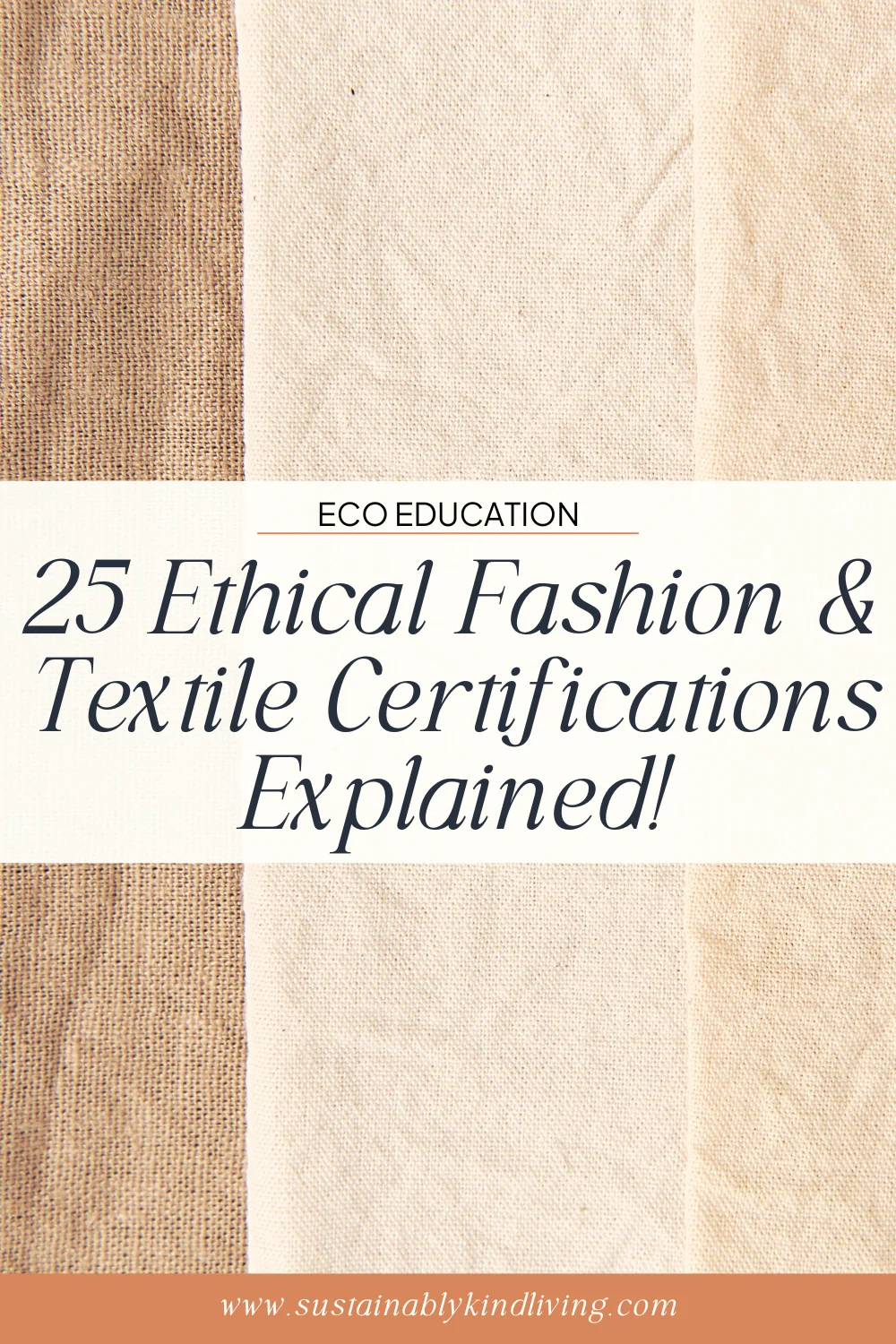
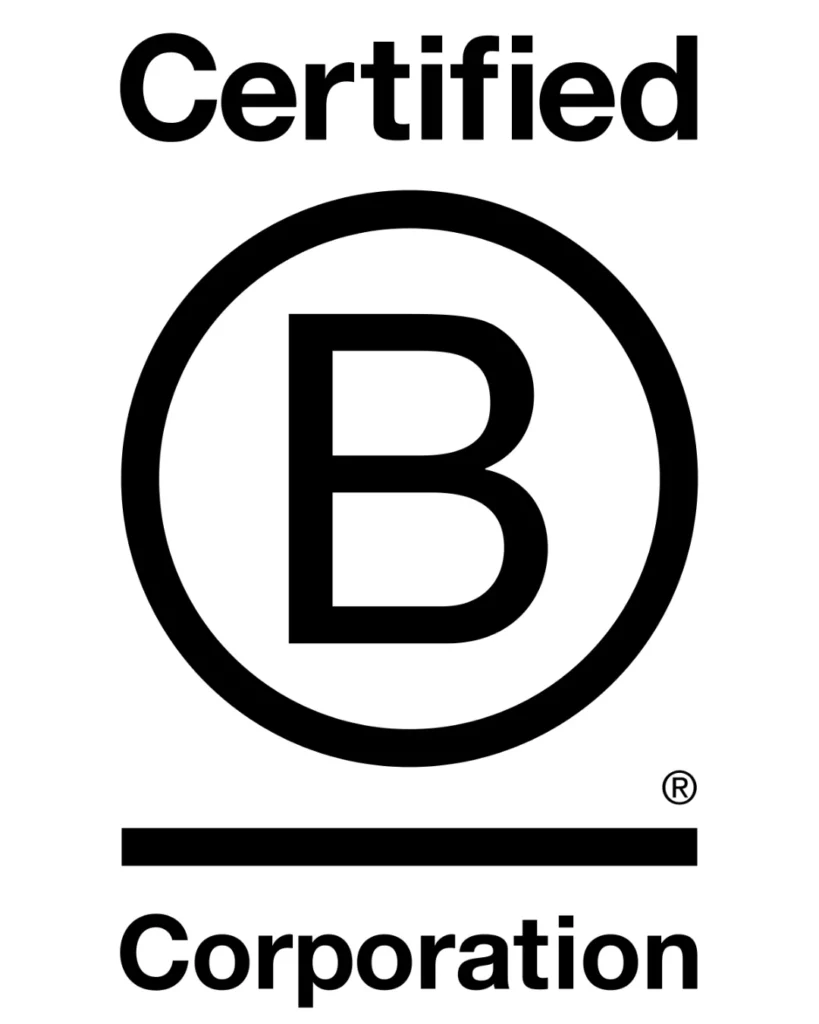
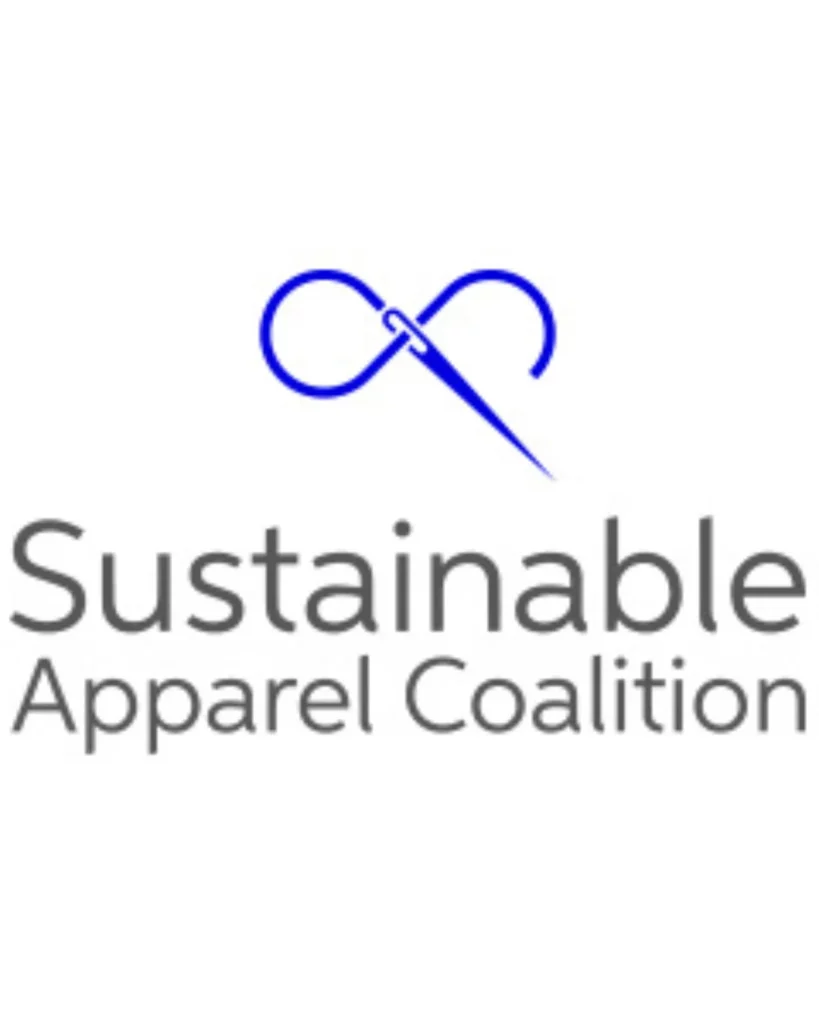
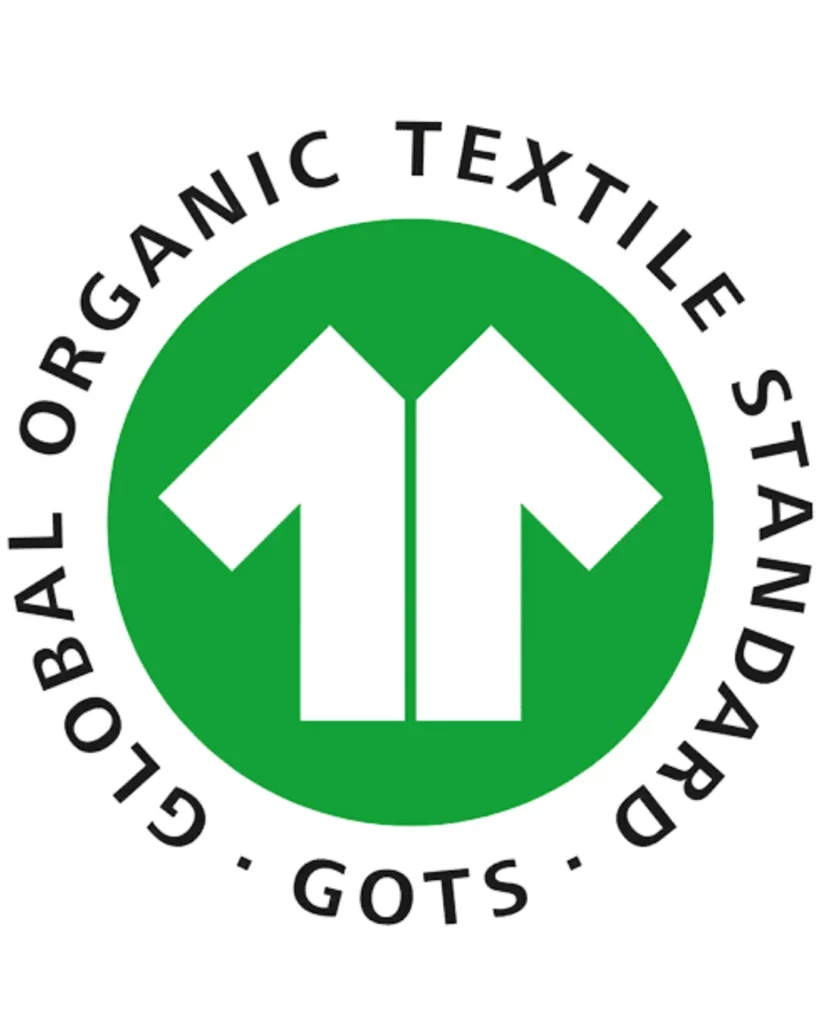
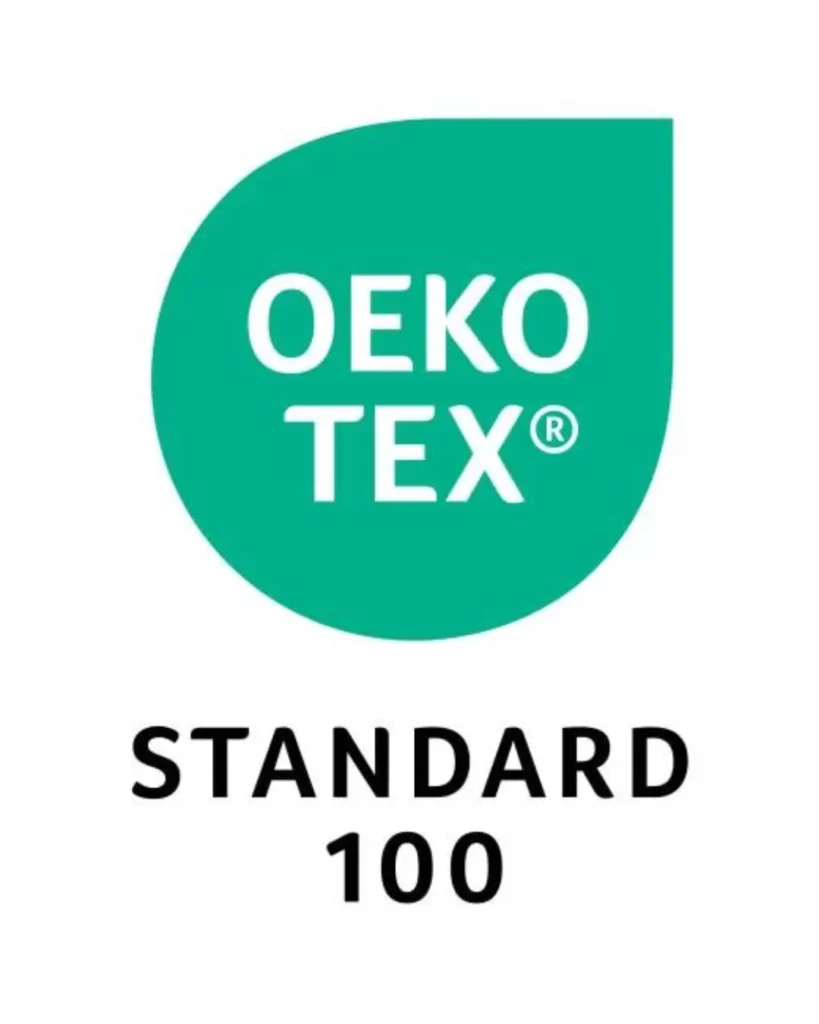
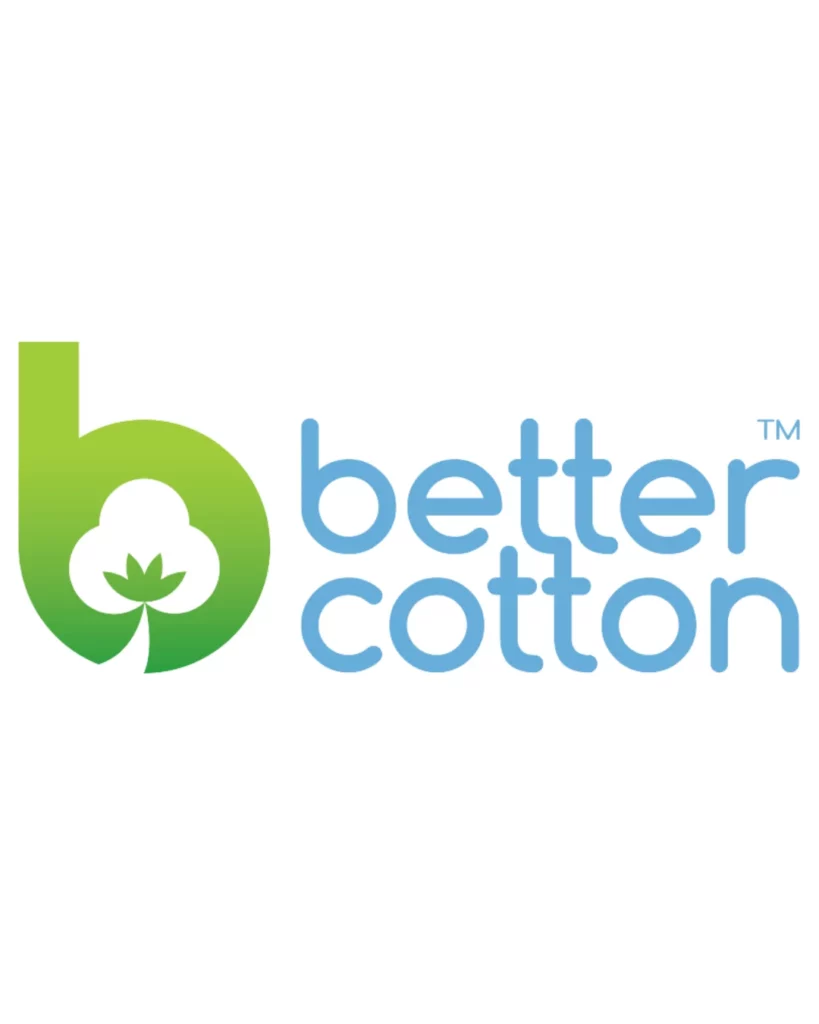
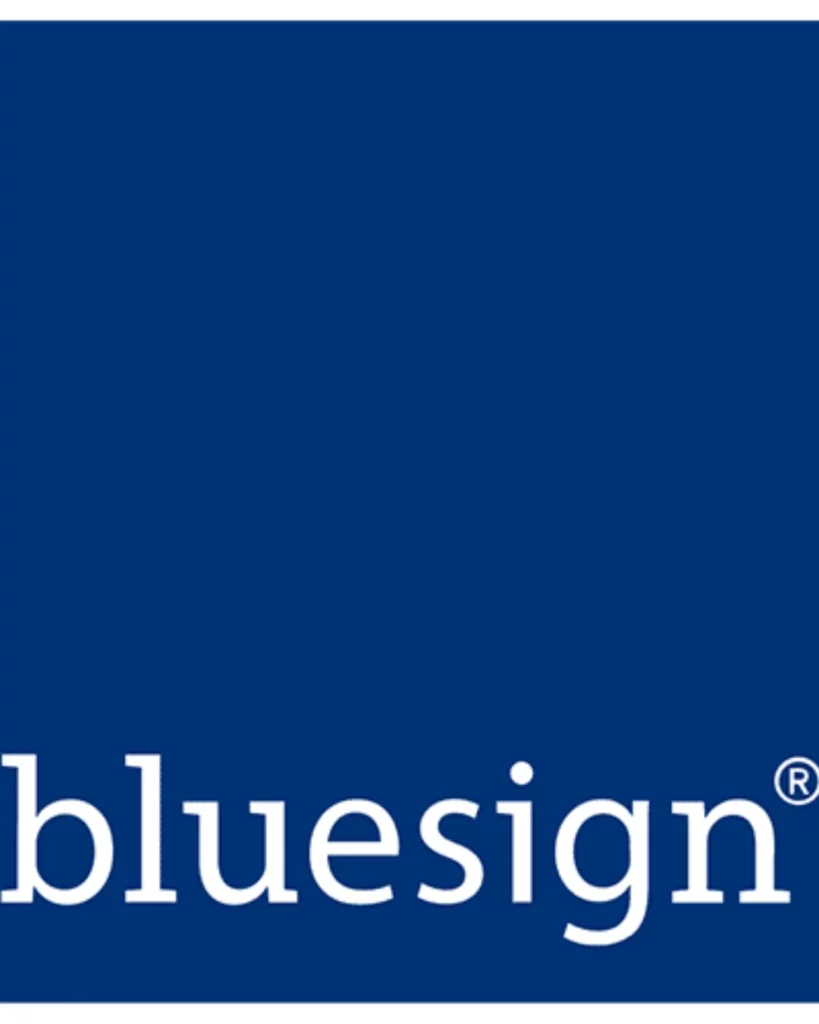
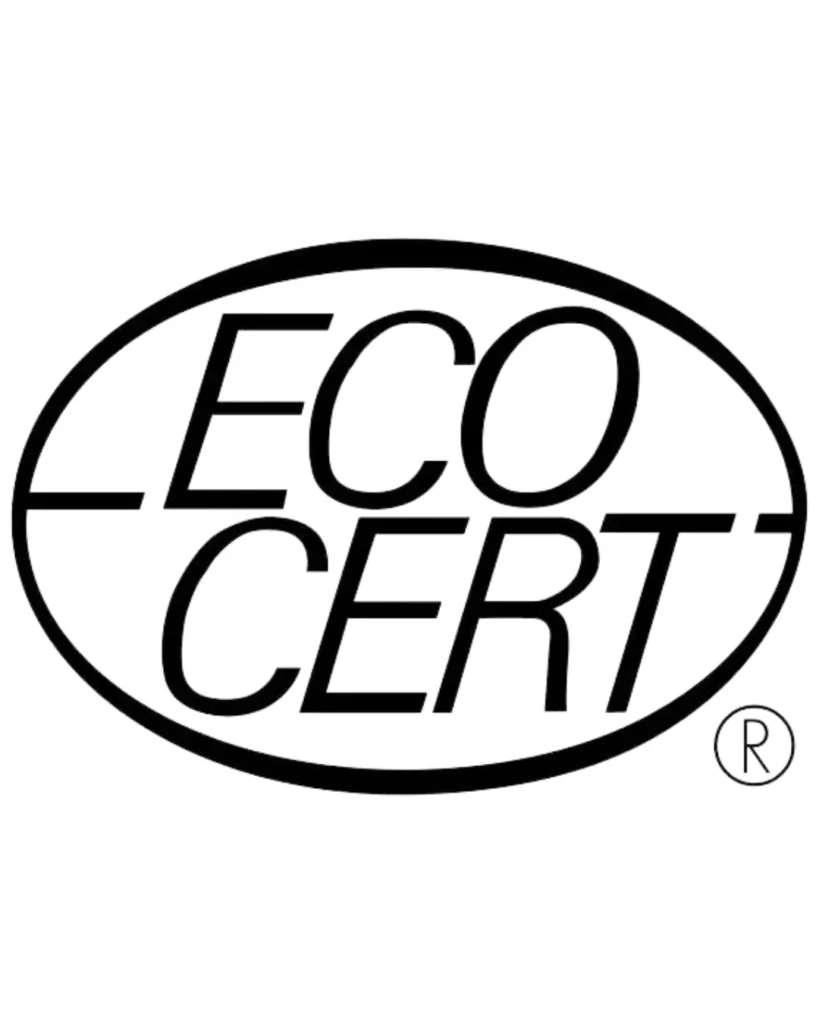
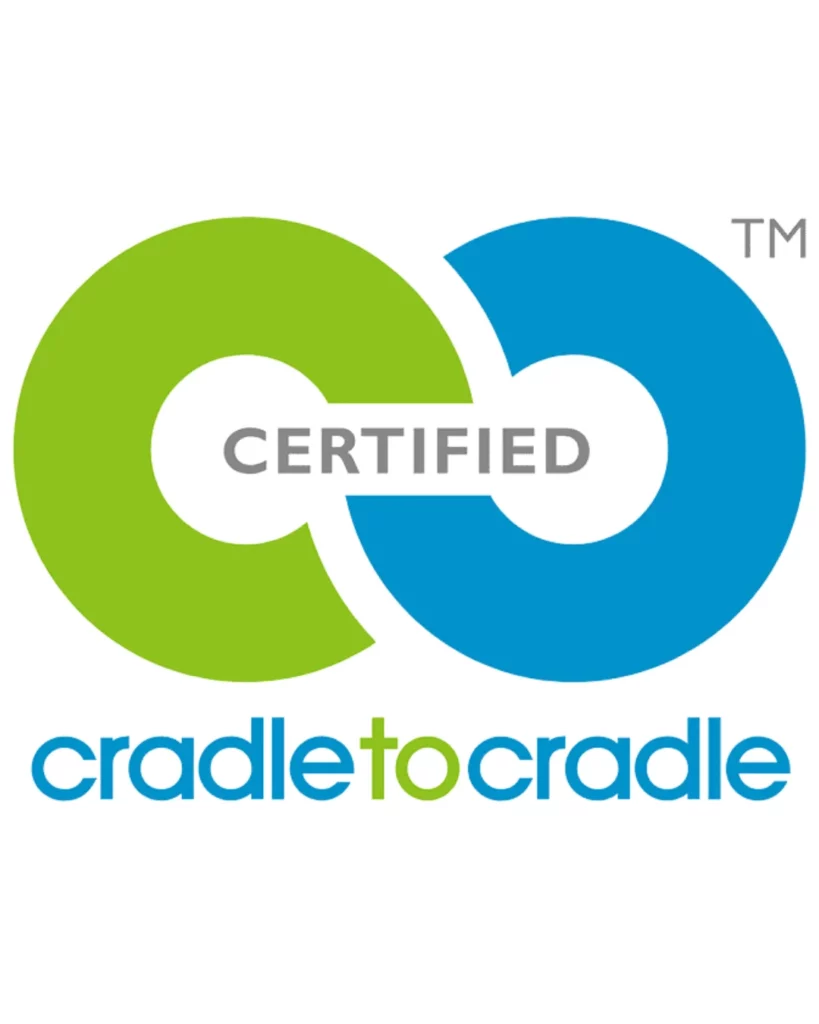
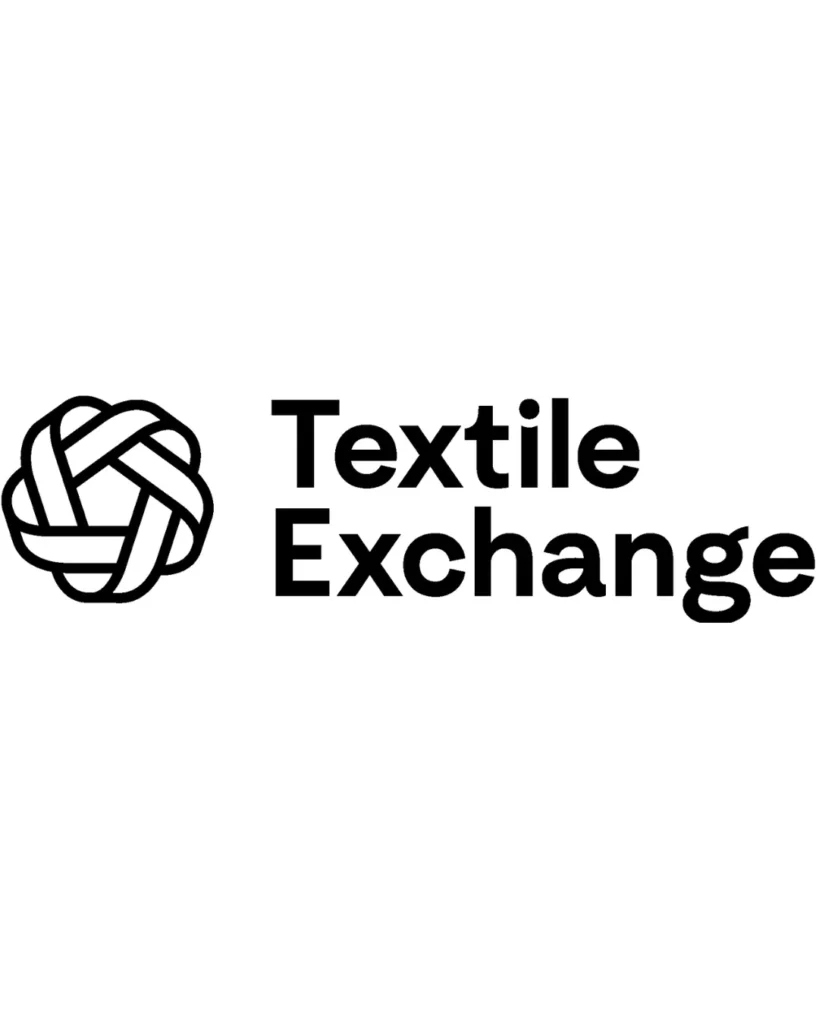
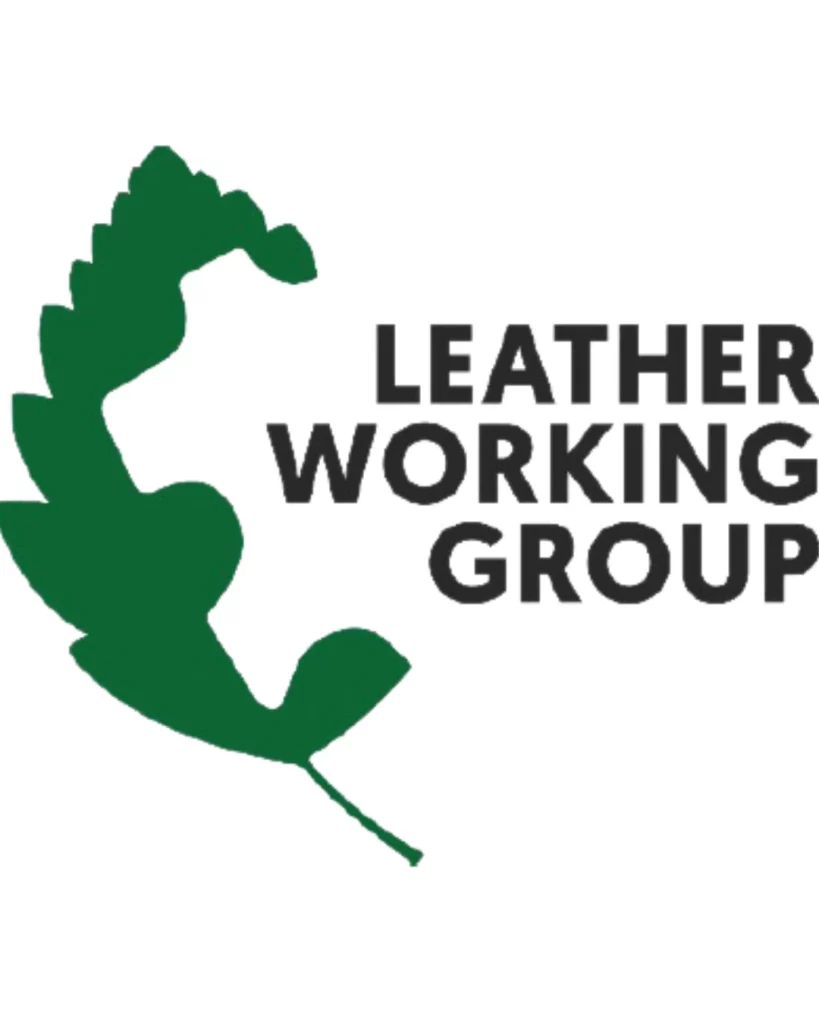
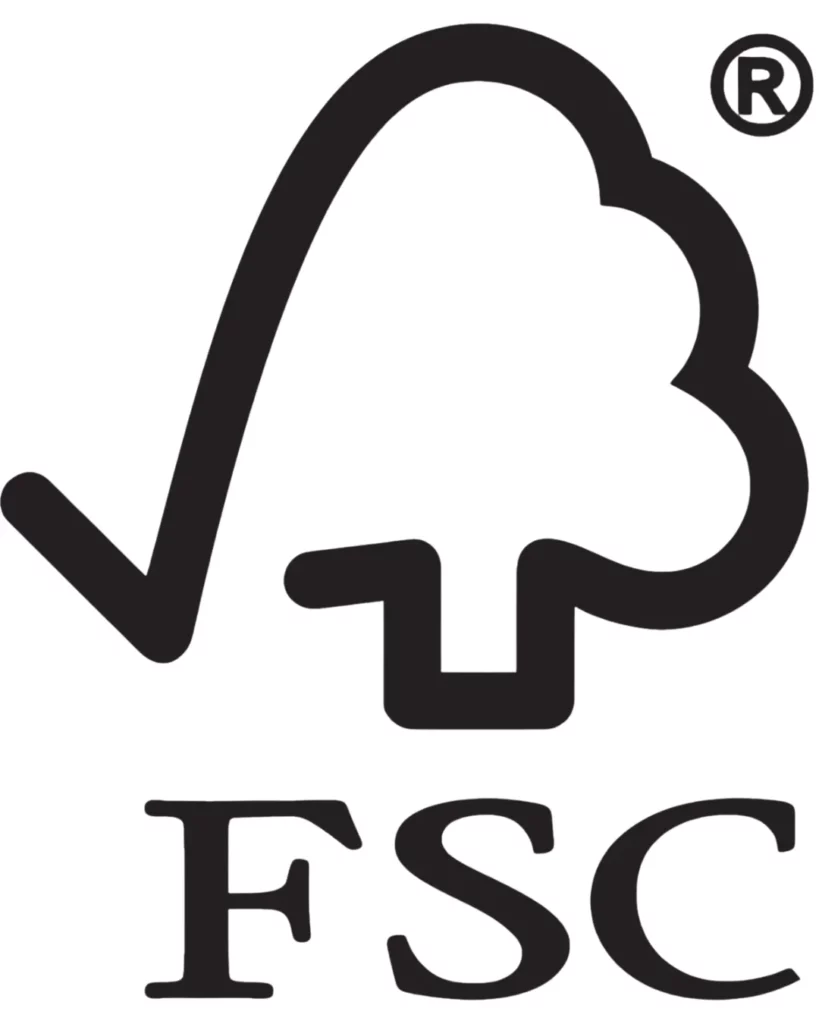
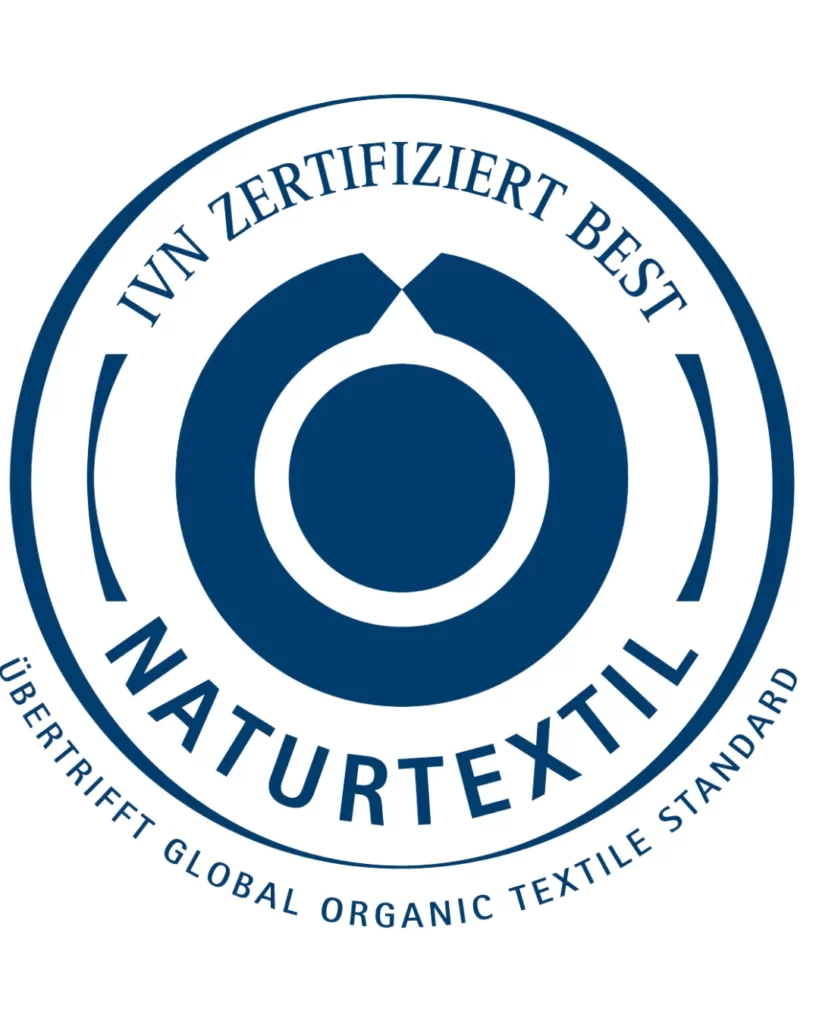
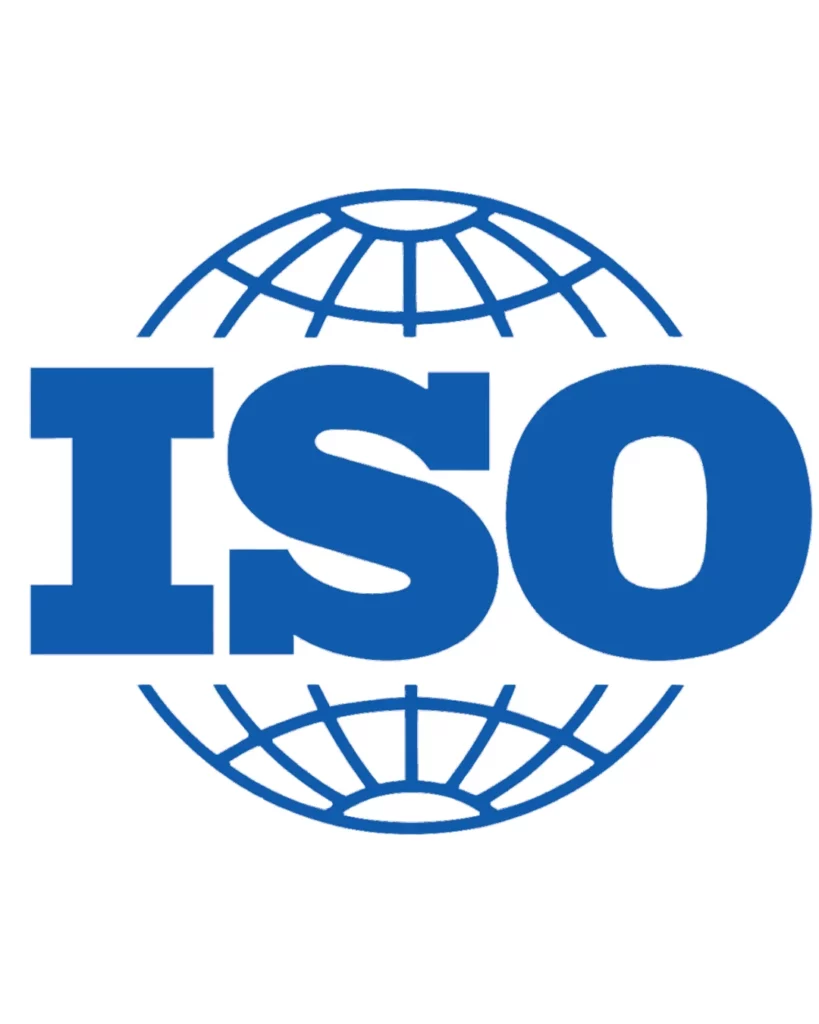
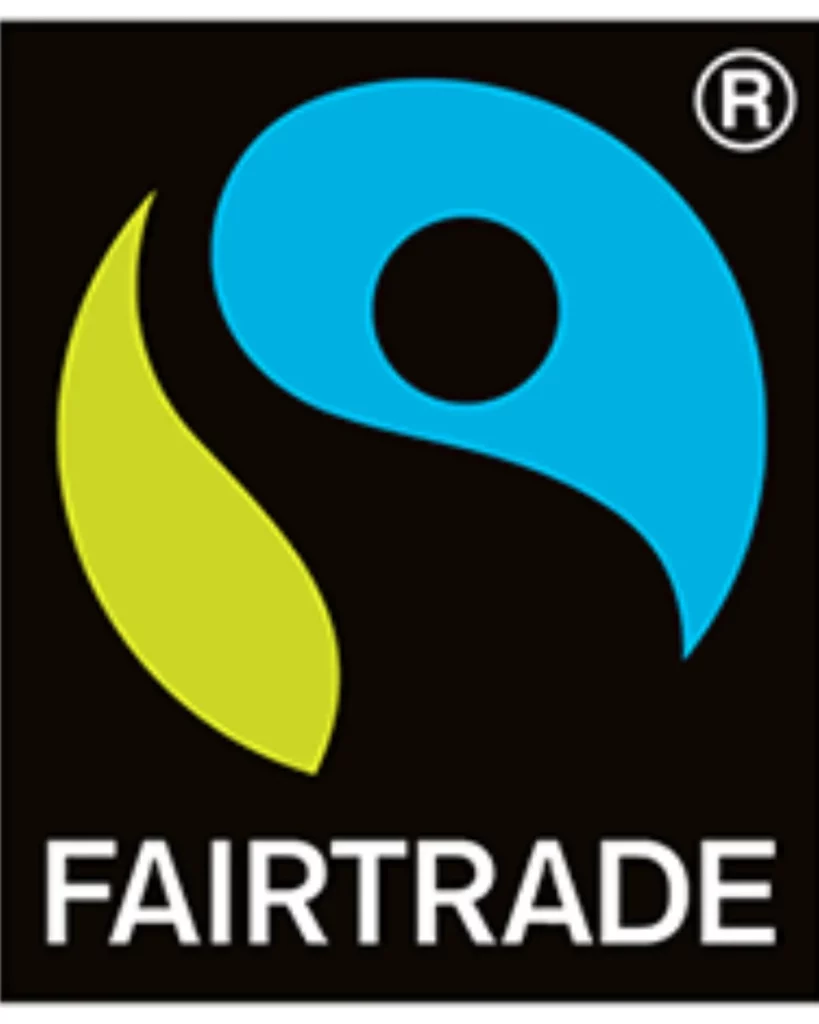
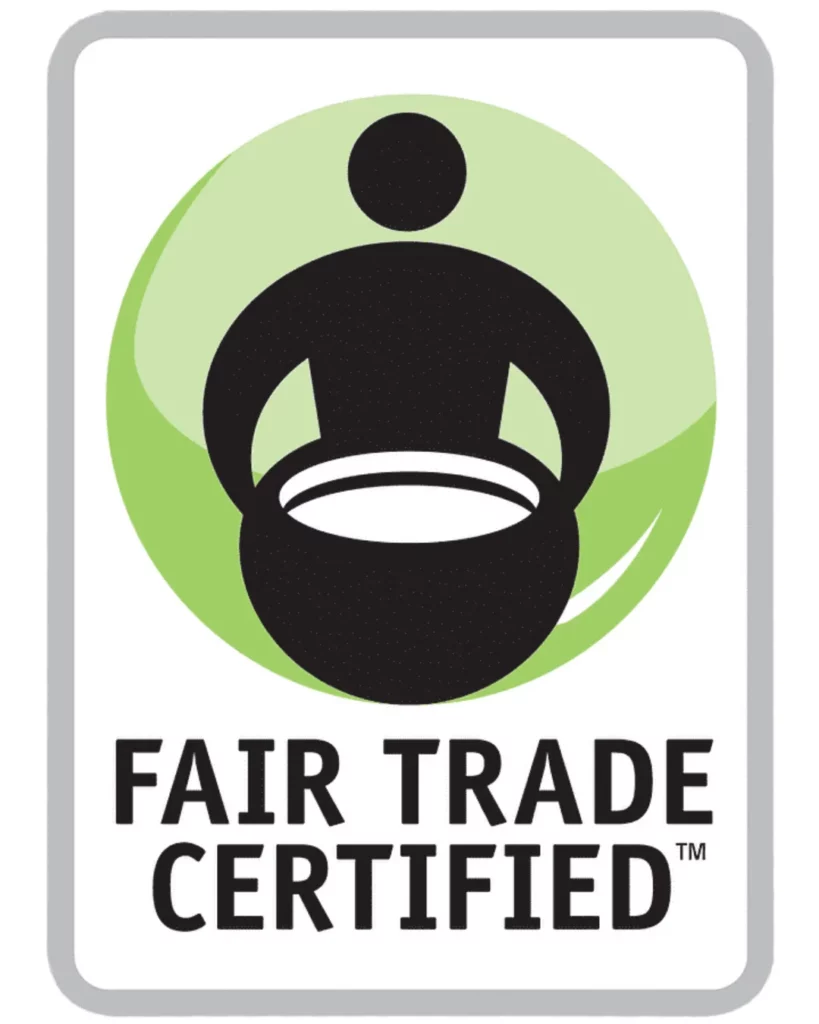
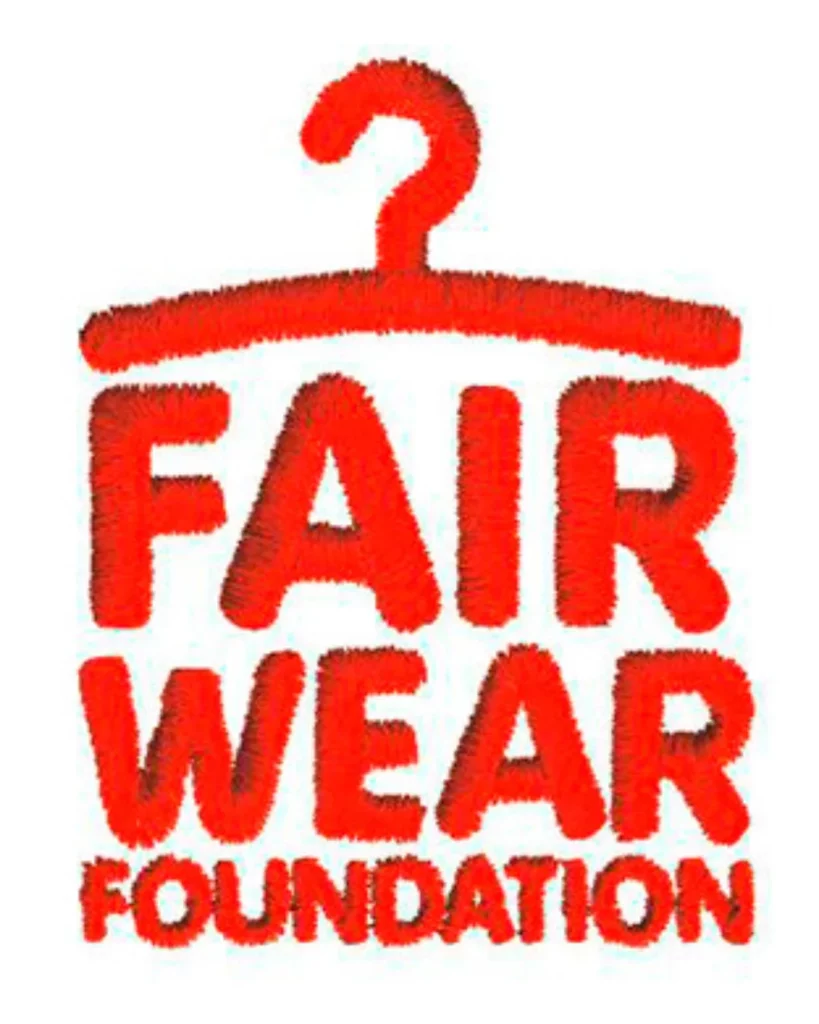
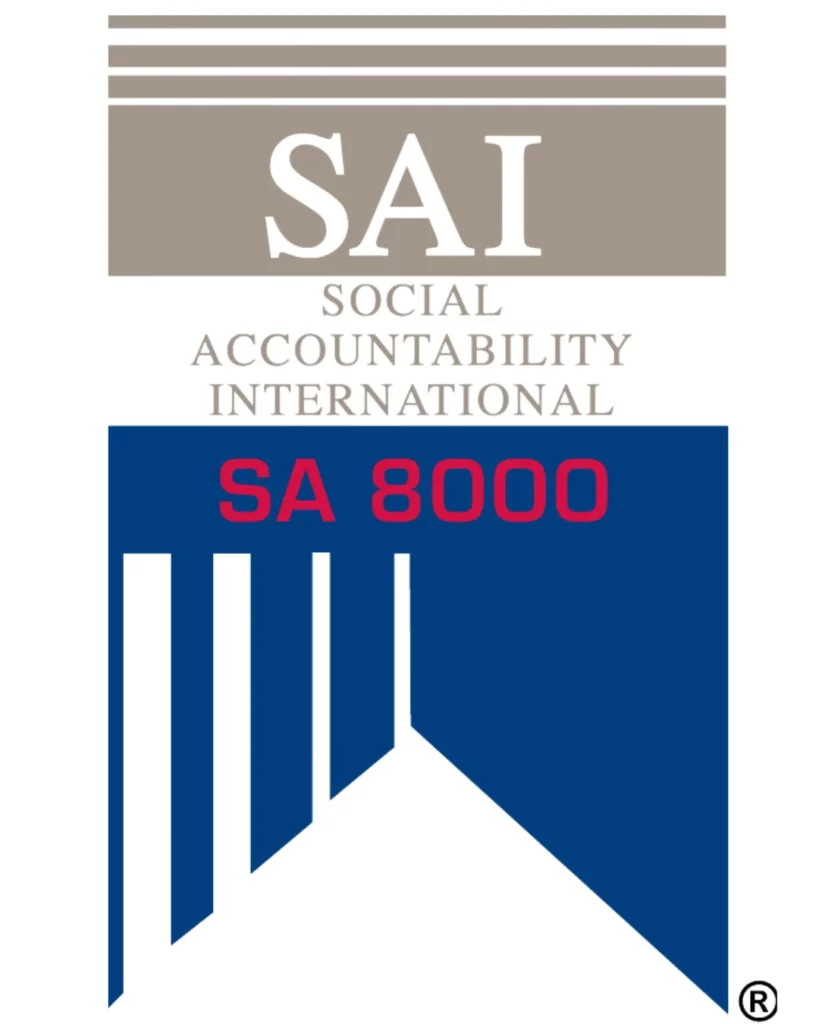
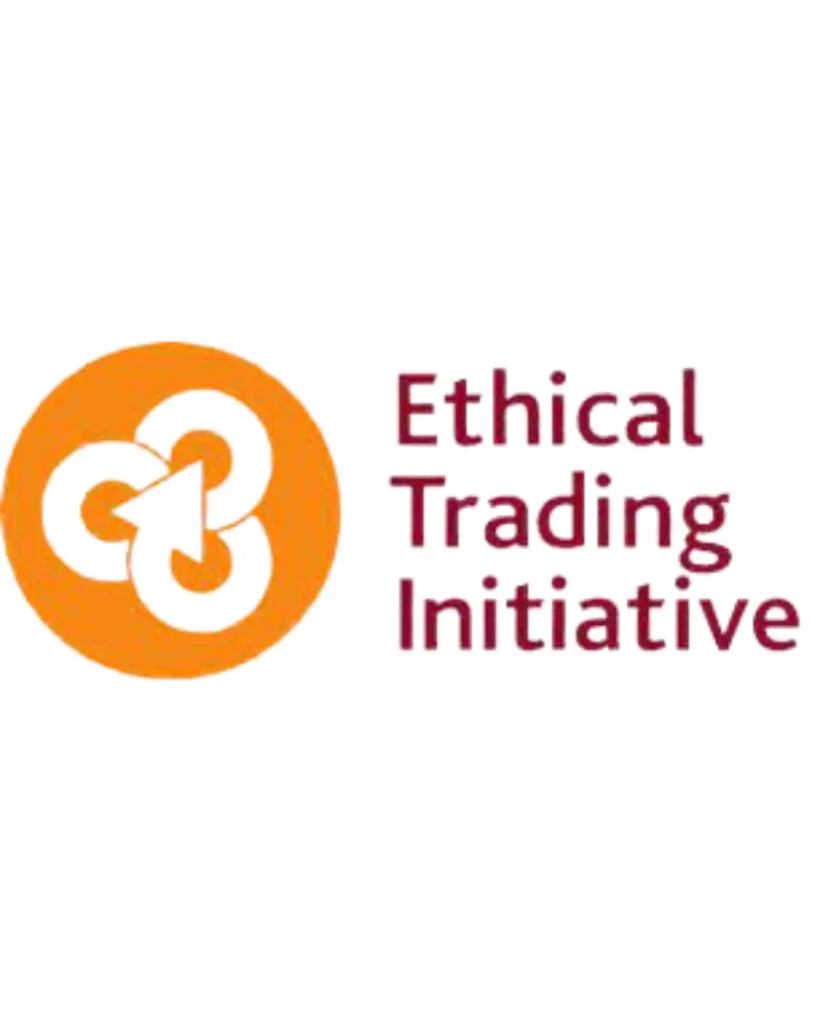
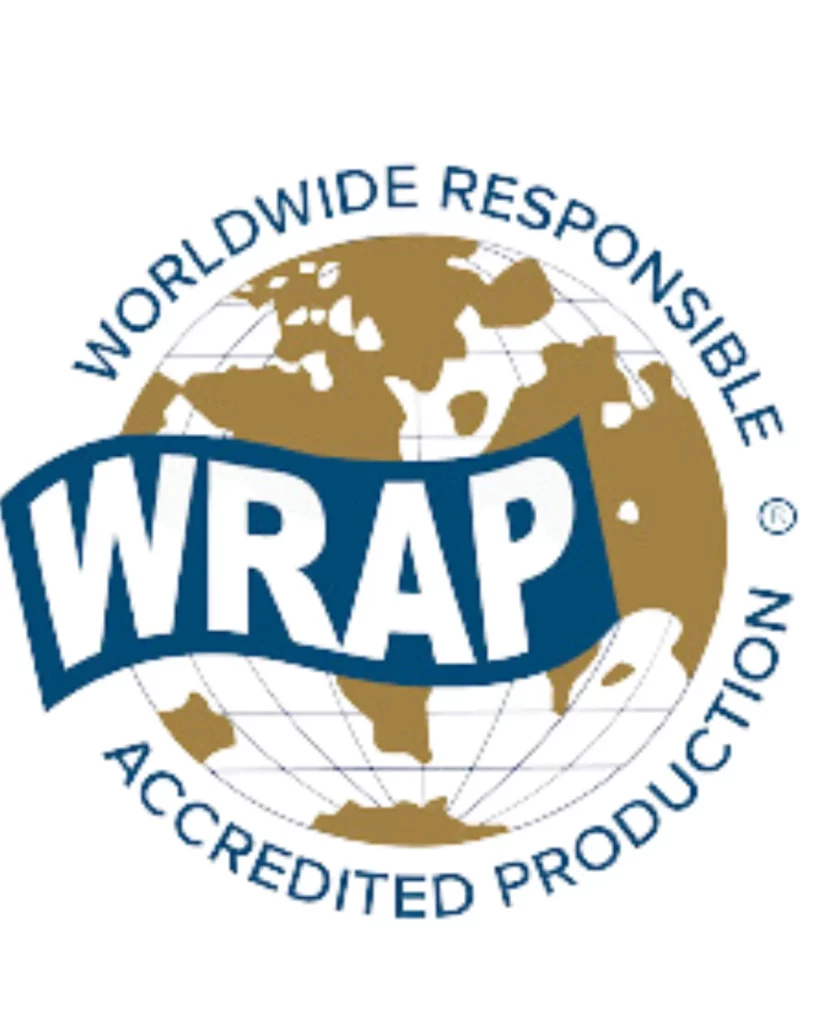
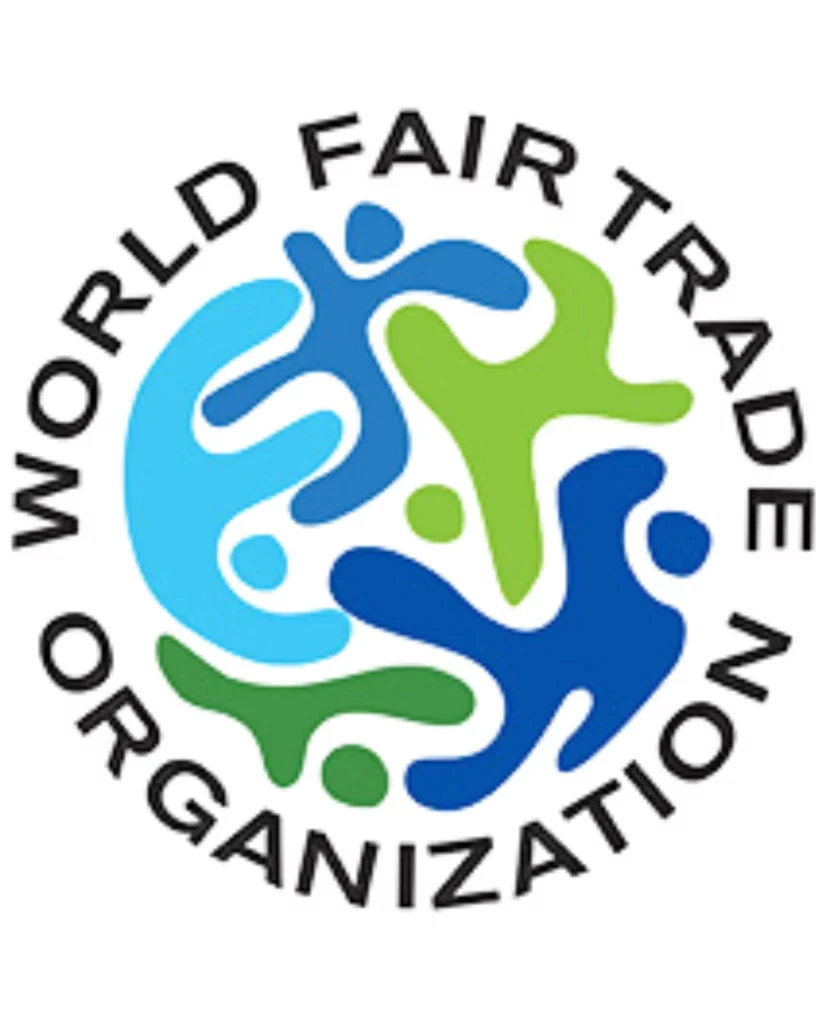
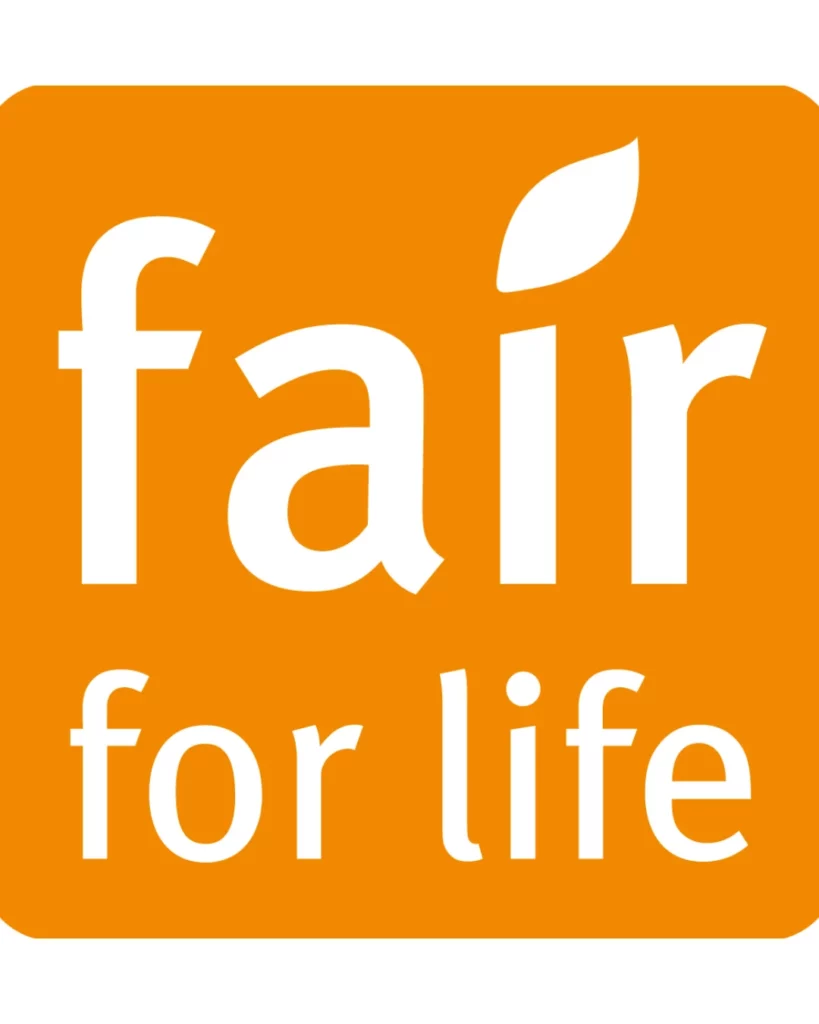
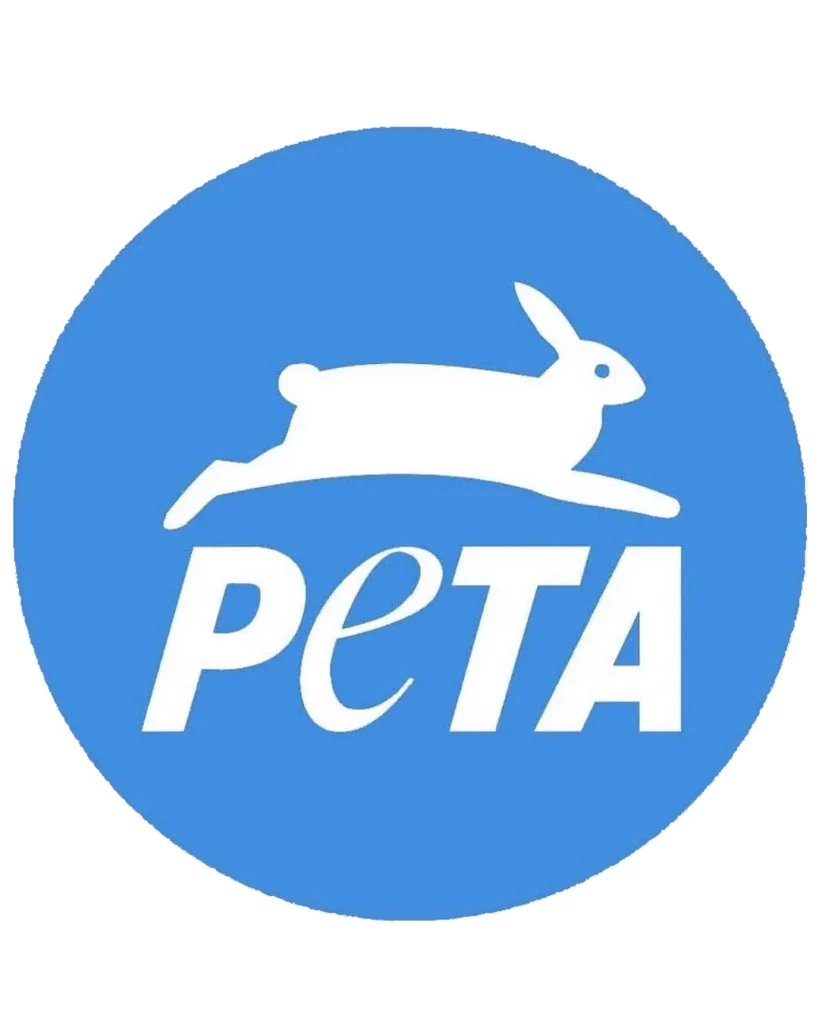
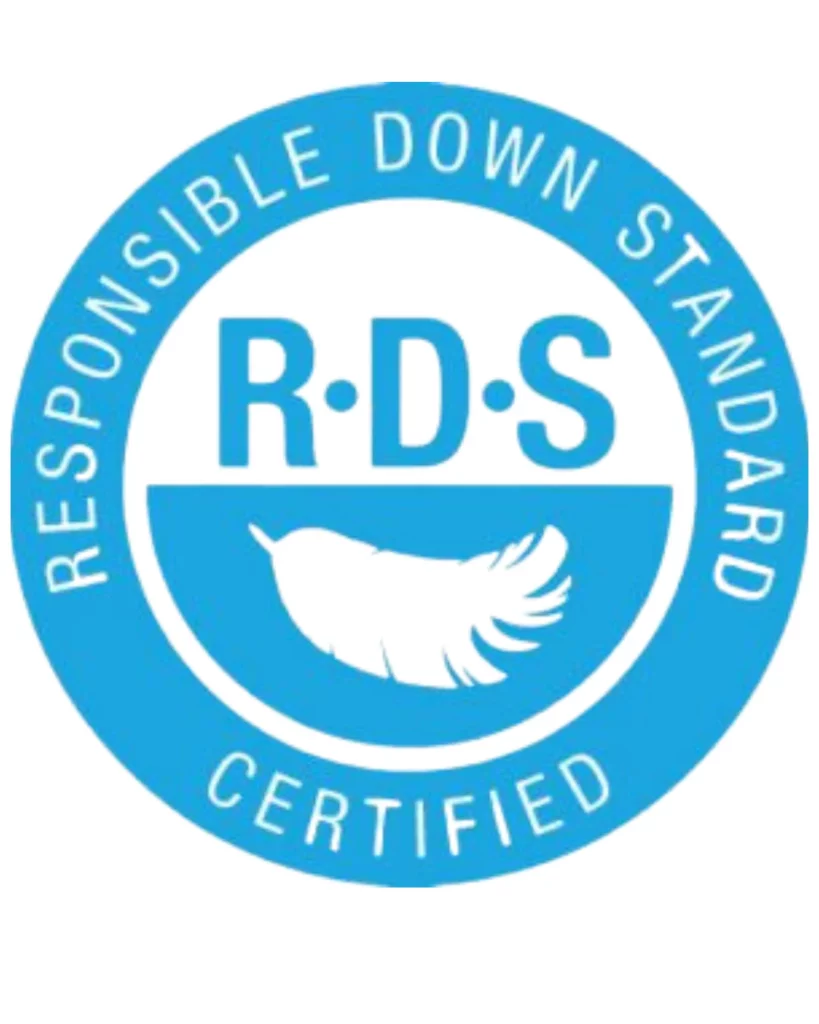
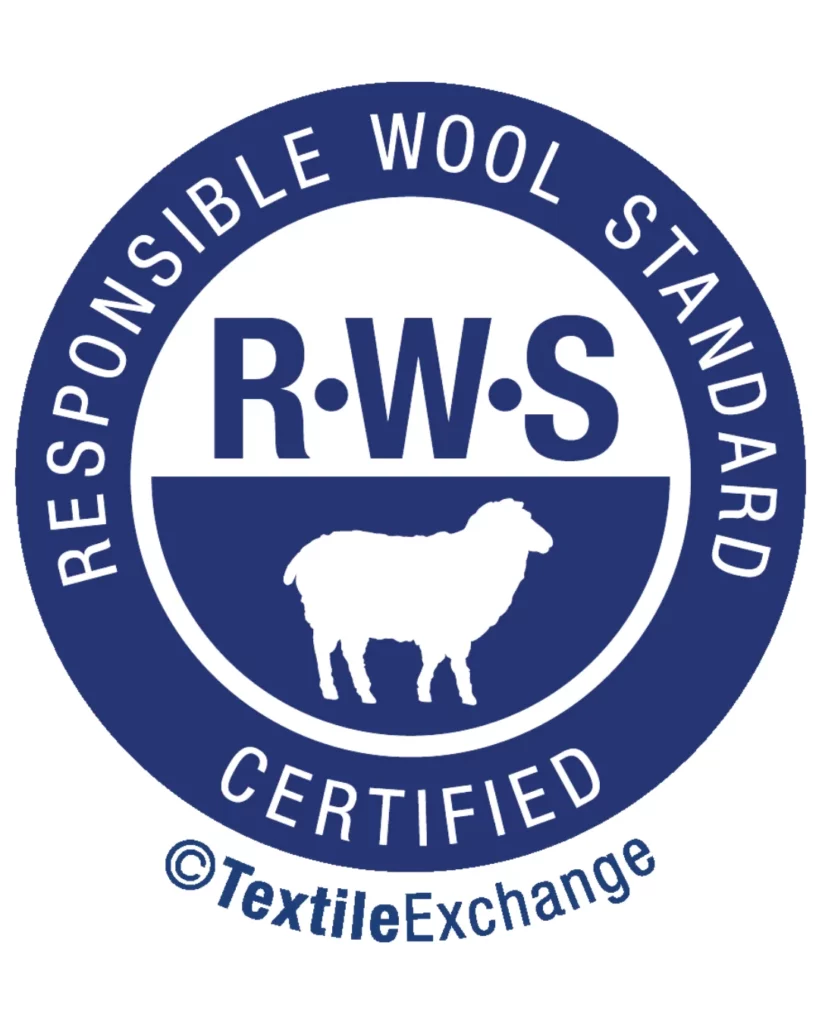
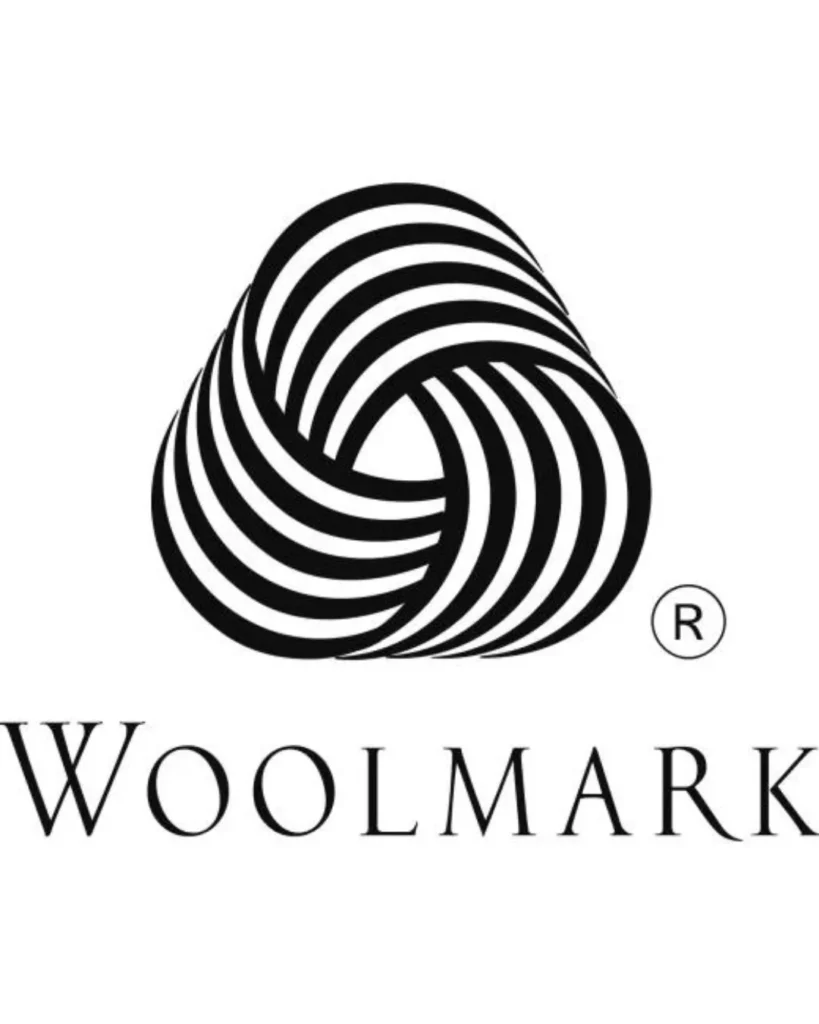
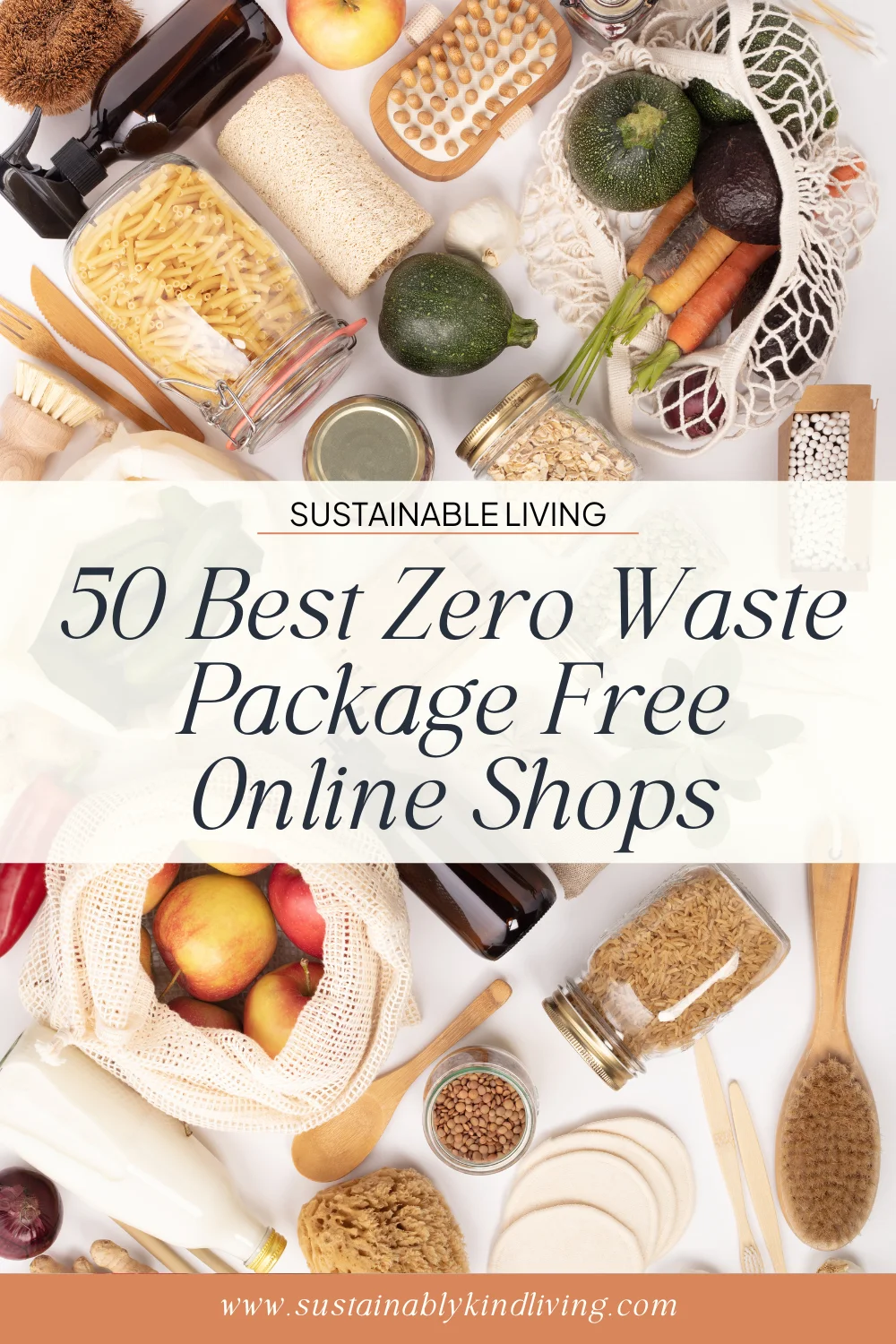
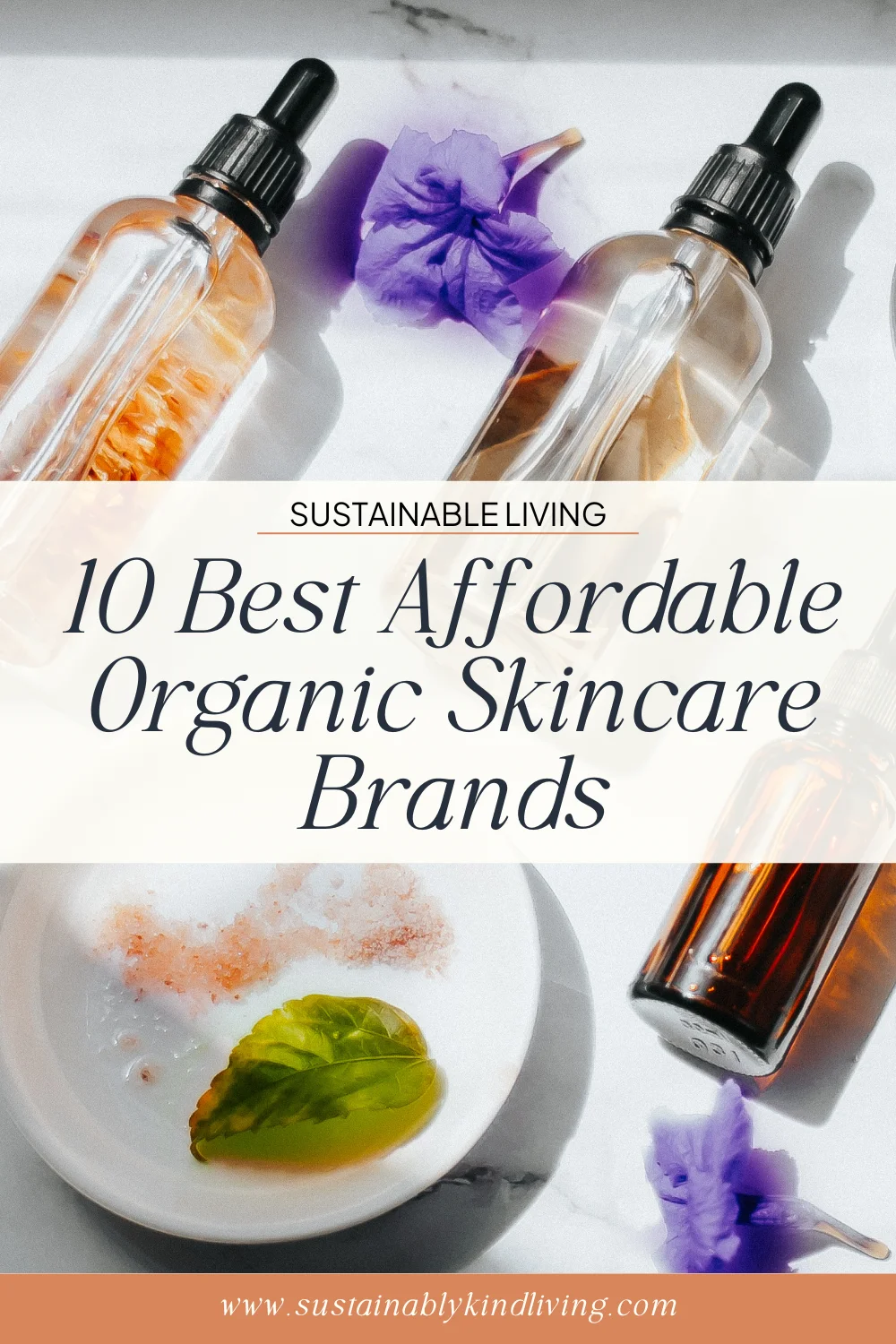
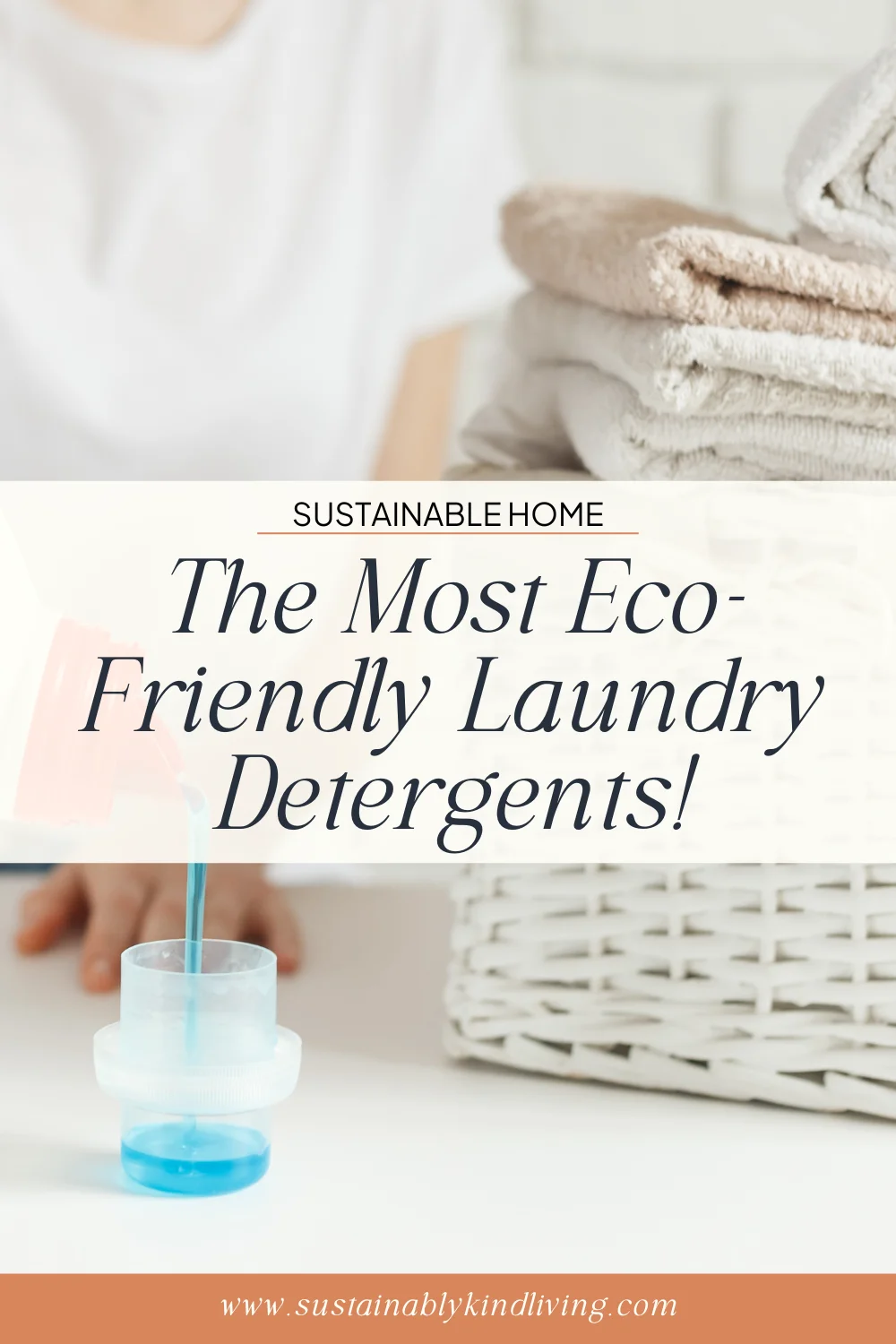
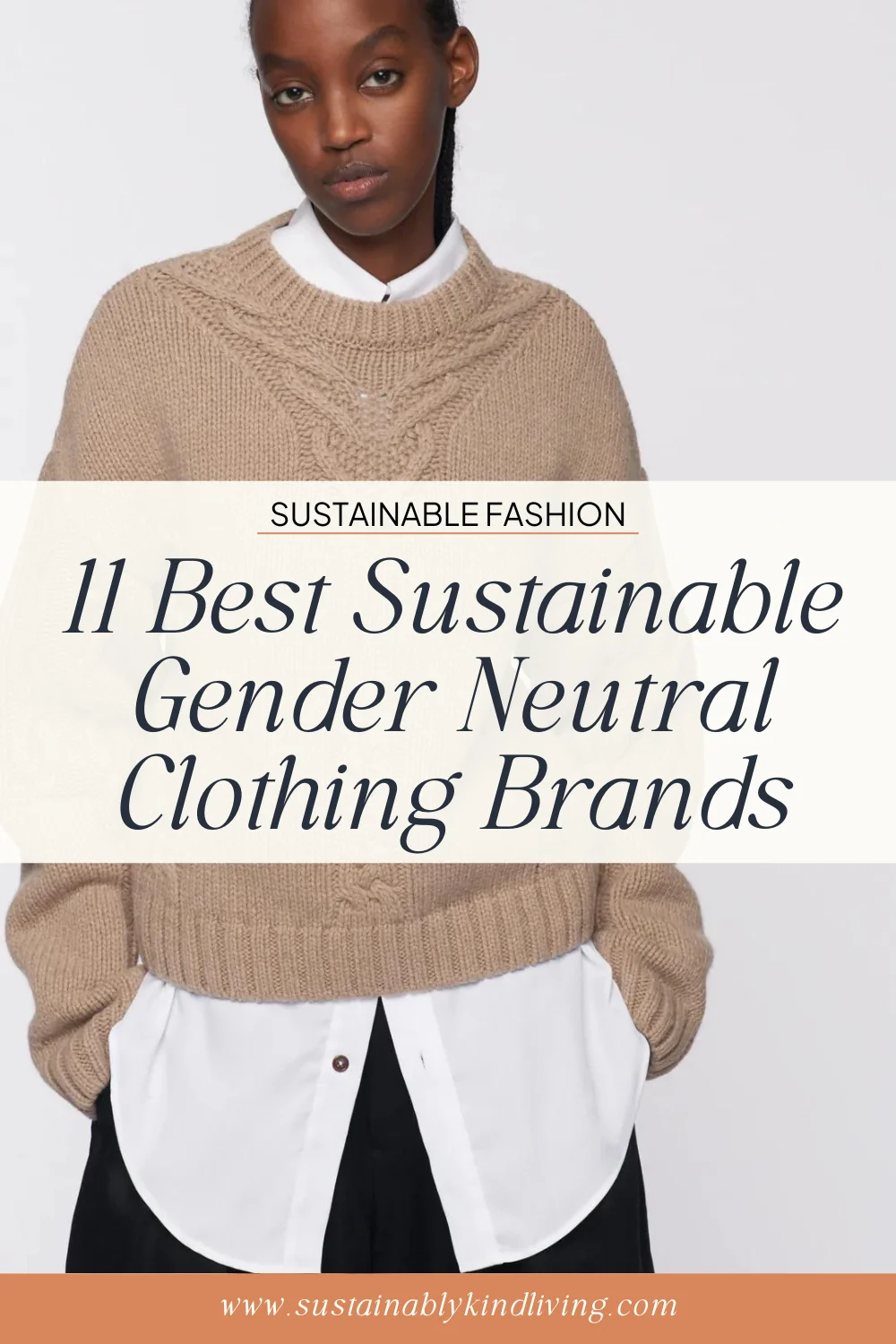
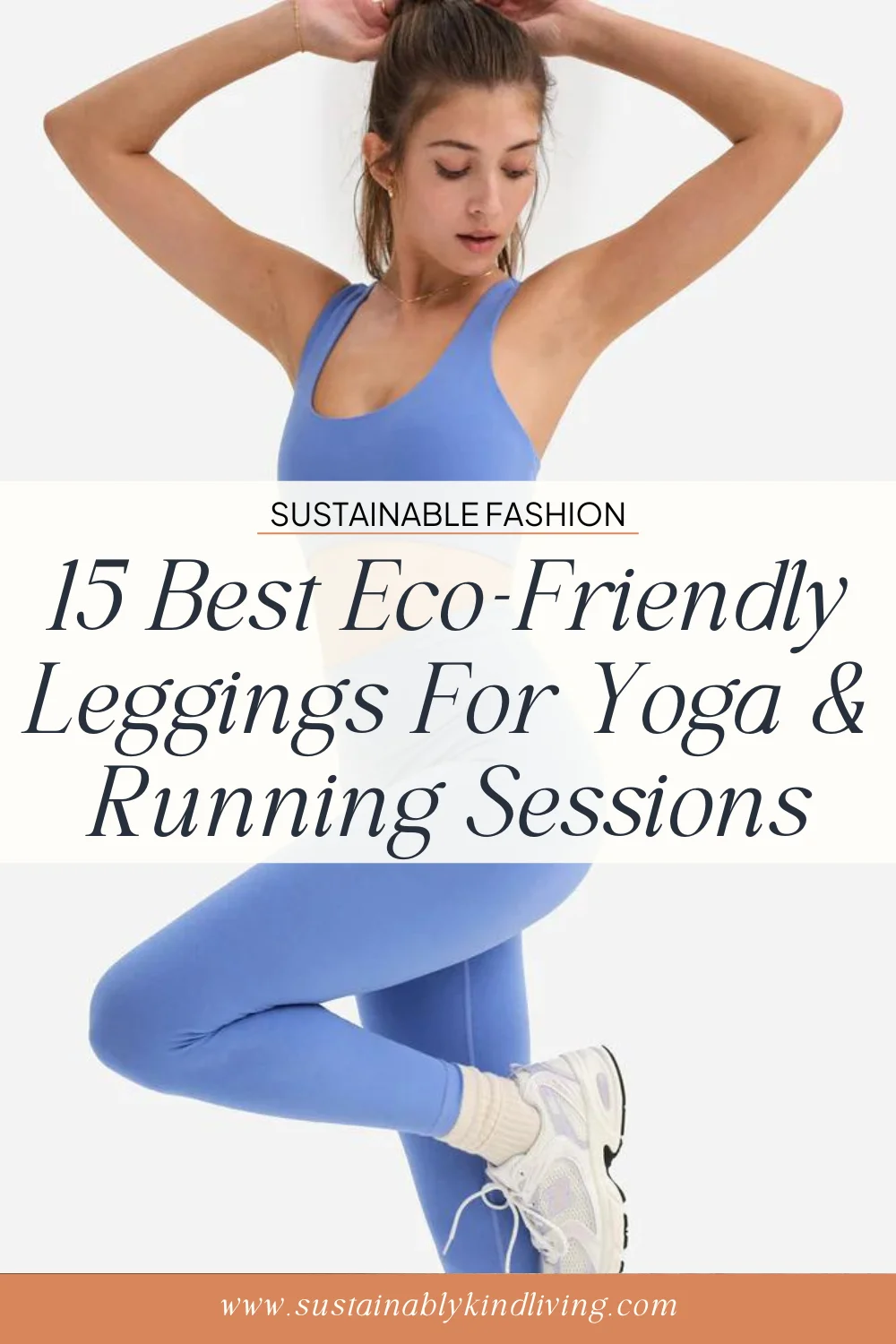
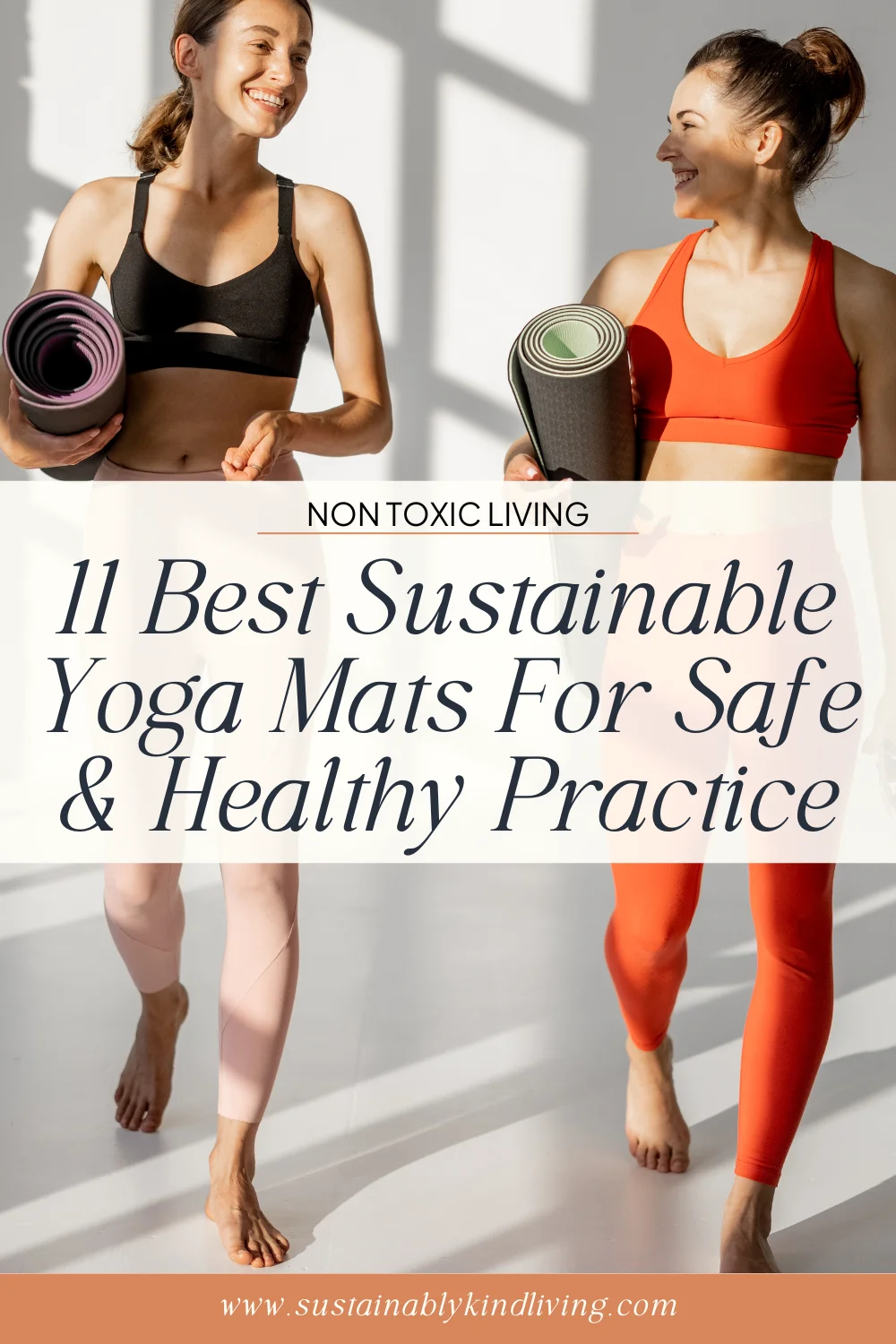

+ show Comments
- Hide Comments
add a comment